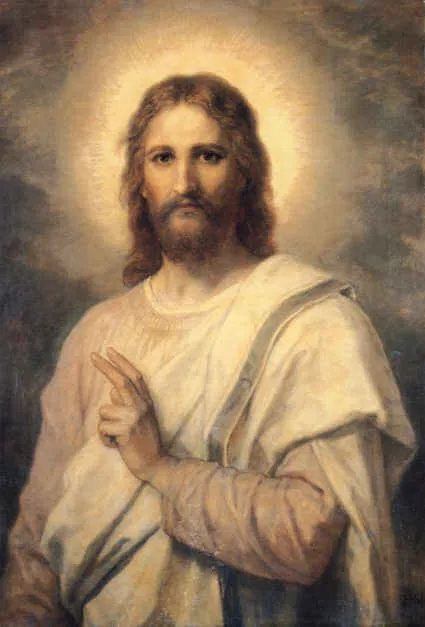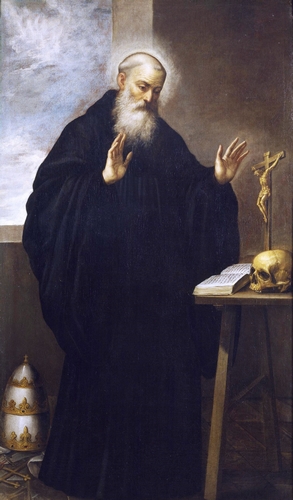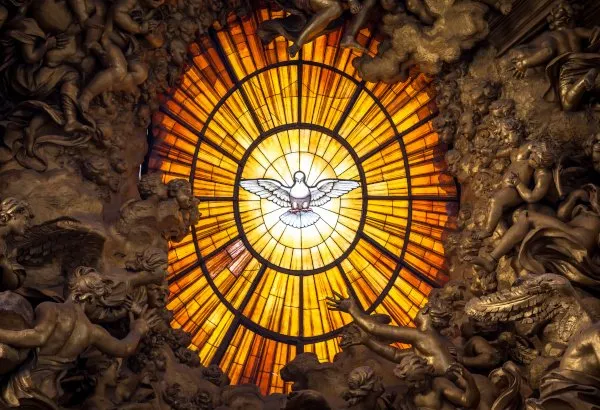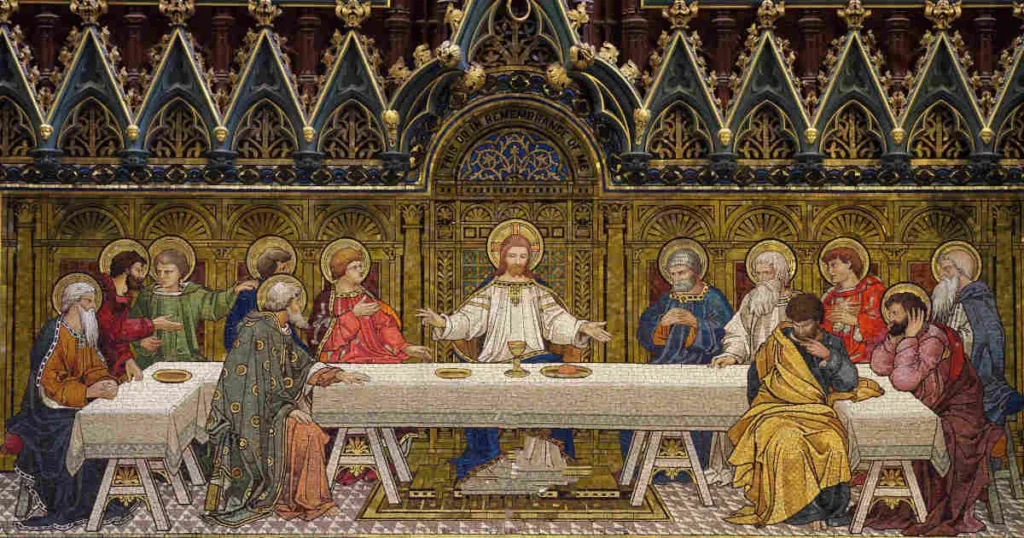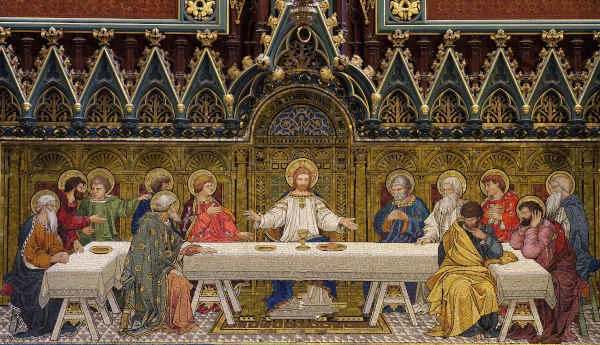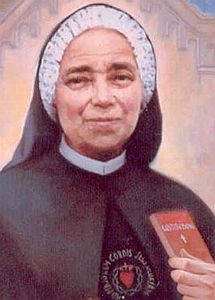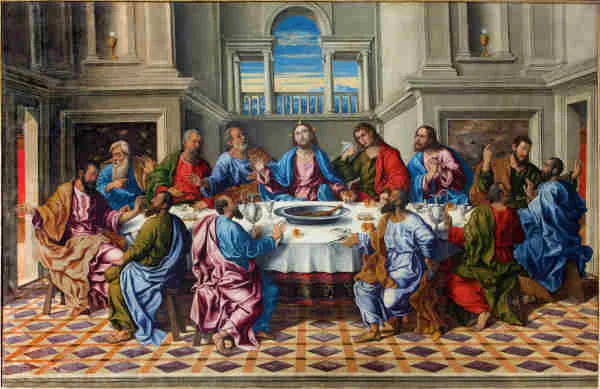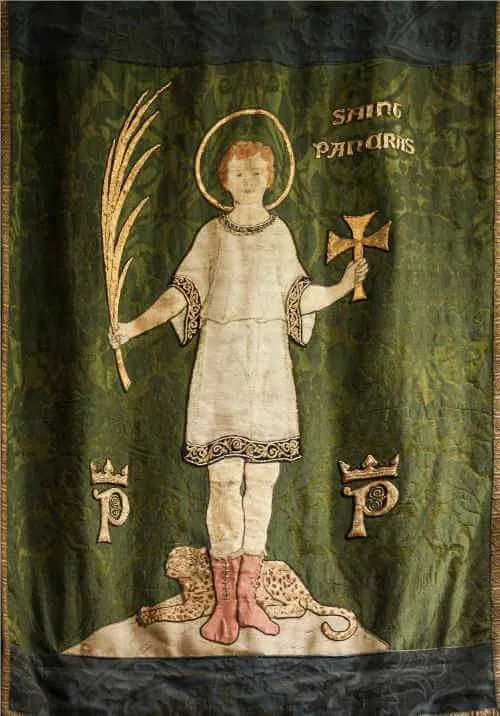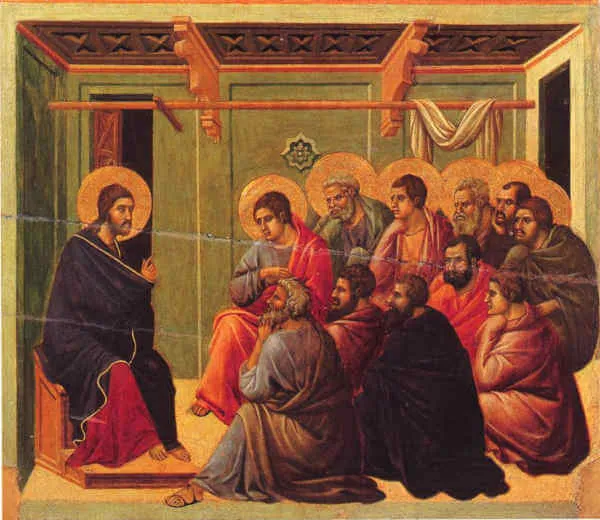John 14:27
The Peace of Christ
Jesus said to his disciples: “Peace I leave with you; my peace I give to you. Not as the world gives do I give it to you.”
Reflection:
So how does the peace that Jesus gives you differ from the apparent peace that the world gives? We all want peace in life. The desire for interior peace is written upon our very nature. And though many people make choices that lead to interior disorder and even chaos, those choices are often made out of a confused sense of what actually provides fulfillment.
For example, those who choose to feed an addiction to drugs or alcohol often began that addiction out of a misguided desire for happiness. The temporary fix experienced gives the temporary sense of well-being. But objectively speaking, it is very clear that the temporary “peace” one receives from these actions leads ultimately to a loss of the very thing they desire. And when these choices become addictions, the person often finds themself trapped in a downward spiral.
There are also countless other ways in which people find themselves seeking satisfaction and fulfillment in life. Money, promiscuity, cheating, selfishness, anger, deception, and the like are all actions that are done with the intent of some satisfaction. Our daily goal must be to unmask those deceptive actions so that we can see them for what they are and for the fruit that they produce. These are clearly among the many ways that the “world” offers us peace.
When it comes to true happiness in life, the gift of true interior peace is one of the clearest signs that we are on the right track and are making the right decisions. When we choose the will of God each and every day, those choices may be difficult and require much initial sacrifice. Love can be hard. Faithfulness to the moral law of God can be challenging. And refusing to sin is difficult. But choosing the will of God throughout our day, every day, will begin to produce within us the consoling and sustaining gift of the peace of Christ.
True peace produces strength. It leads to interior integrity and wholeness. It produces clarity of thought and certitude in convictions. God’s peace leads to more peace. It leads to choices based on well-thought-out actions of love. Peace leads us to the will of God, and the will of God leads to peace. The cyclical effect is exponential and is one of the clearest guides to happiness in life.
Reflect, today, upon whether you truly have peace in your heart. Do you recognize the still, strong and sustaining presence of God within your soul? Do your daily choices produce greater integrity of heart and clarity of mind? Do you find that you have joy and calm, even in the midst of life’s greatest challenges? Seek out this peace, for if you do, you will be seeking out the good God Who produces this glorious gift within your heart.
Source: https://catholic-daily-reflections.com/2025/05/19/the-peace-of-christ-4/


